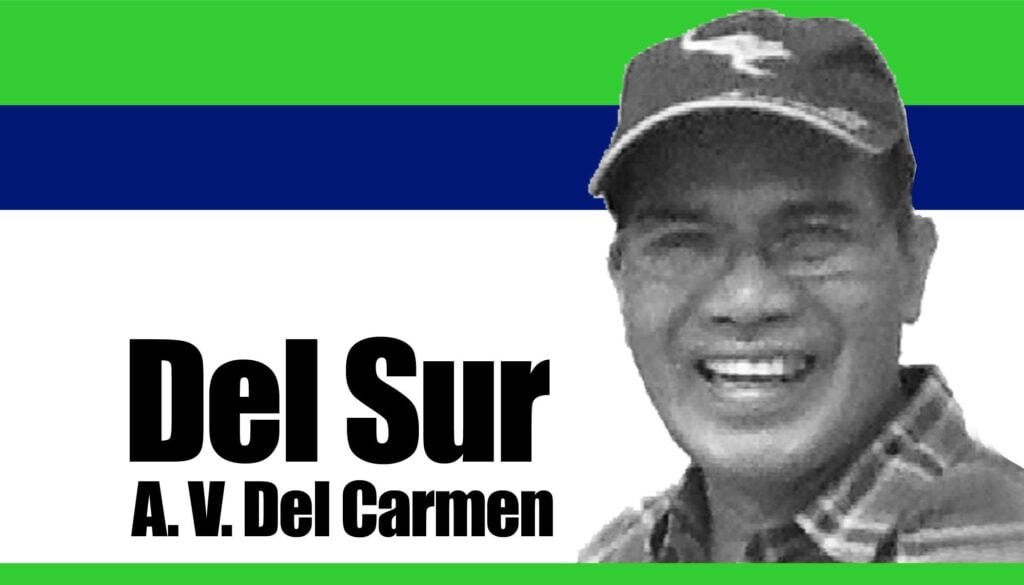
Sports action is back in many parts of the country, particularly in areas declared under Alert Level 1, like Bacolod and Iloilo cities.
Professional sports leagues are entertaining us once more with their live television and digital streaming coverage. The same is true with college basketball in Metro Manila.
A relevant event is being marked this week – on Wednesday, April 6. It is the International Day of Sport for Department and Peace.
The annual observance celebrates the power of sport to drive social change and community development and foster peace and development.
UNESCO, which spearheads the celebration, emphasized that sport is an excellent vehicles for social inclusion, gender equality and youth empowerment.
Its benefits go beyond the confines of the sports arena, inculcating life changing values, like fair play, discipline and team spirit, UNESCO added.
The world body further underscored two realities:
– Play and sport are basic human rights that must be enforced and respected.
– They have high-impact value as they play important role in international relations and peace-building efforts.
The ICSSPE, or the International Council of Sport Science and Physical Education, one of the lead agencies promoting the observance, said the theme this year is “Securing a Sustainable and Peaceful Future for All”.
The focus reflects the post-pandemic agenda of the United Nations. The organization, along with the whole sport movement, underscores the value and positive role that sport and physical activity play in the lives of people across continents.
***
Two persons immediately come to mind when I think of using physical activity for peace and growth.
They are Coach Kaka Sinsuat, a former football player and now a sport mentor in Mindanao, and Shu, then a varsity player whom I met when I went to Myanmar, for a short visiting lecturer arrangement.
Coach Kaka, a Muslim, a native of Cotabato City, is now residing in Datu Paglas town in Maguindanao province. He has been coach of the Datu Ibrahim Paglas Memorial College Sultan Football Club.
For years, he has been involved in mentoring students in the discipline of football and has organized and participated in numerous events in sports that promote friendship and understanding between Muslims and Christians in his area.
“Sport is an equalizer,” he told me about his commitment to fostering peace through physical activities when I met him in the Ceres Summer Football Festival in Talisay City several years ago.
It crosses the borders of economics status, faith, race and other forms of divide as play speaks a universal language of understanding, fair play and fun, he added.
Coach Kaka confirmed to me last week that he remains active in promoting peace through sport especially now that more outdoor activities have resumed.
Shu, on the other hand, was a Sports Science student at Dagon University, the biggest higher education institution in Myanmar.
Dagon then had about 60,000 students, which included online enrolees (yes, the university had already online courses years prior to the pandemic).
Shu, a standout football player of the university football squad, was the student team leader of the community engagement project I organized at Dagon. It was the pioneering Service-Learning activity at Dagon undertaken with funding support from the Hong Kong-based United Board for Christian Higher Education.
The project aimed to introduce and heighten and awareness of HIV-AIDS among school children in communities around the university through football knowledge and skills training. Football is the most popular sport in the country, which has been experiencing continued strife and ethnic divide.
The activity was anchored on the fact that national health records showed the steady rise of HIV-AIDS incidence in the country.
Shu led the group of Sports Science majors in the training of the children which was preceded by sessions about HIV-AIDS conducted by a medical school faculty using an instructional and testing material developed by a Myanmar native now connected with the Sports Science program of the University of New South Wales in Australia.
As part of the community engagement program, Dr. Aye Aye Tun, pro-rector (the highest official) of the university, and I conducted a study on the impact of the program on the schoolchildren as well as the participating university students.
We presented the findings of our study at the Asia-Pacific Regional conference on Service-Learning held in Surabaya, Indonesia.
These findings are now part of the journal published for the Service-Learning discipline.
Shu, in our online conversation last week, recalled the positive effects of the activity to him and his fellow students as well as the children, saying “it was a very memorable and meaningful experience helping young people to be conscious of their health in order to become better citizens of the country.”
In a world of multiple misunderstandings and constant conflicts, we need more and more of the likes of Coach Kaka and Shu, whose brand of sports excellence goes far beyond the glitter and substance of gold medal and fame, toward the attainment of genuine peace, equality empowerment and development.
***
I have fought the good fight, I have finished the race, I have kept the faith. Now there is in store for me the crown of righteousness, which the Lord, the righteous Judge, will award to me on that day and not only to me, but also to all who have longed for his appearing. (2 Timothy 4:7-8) – NWI



